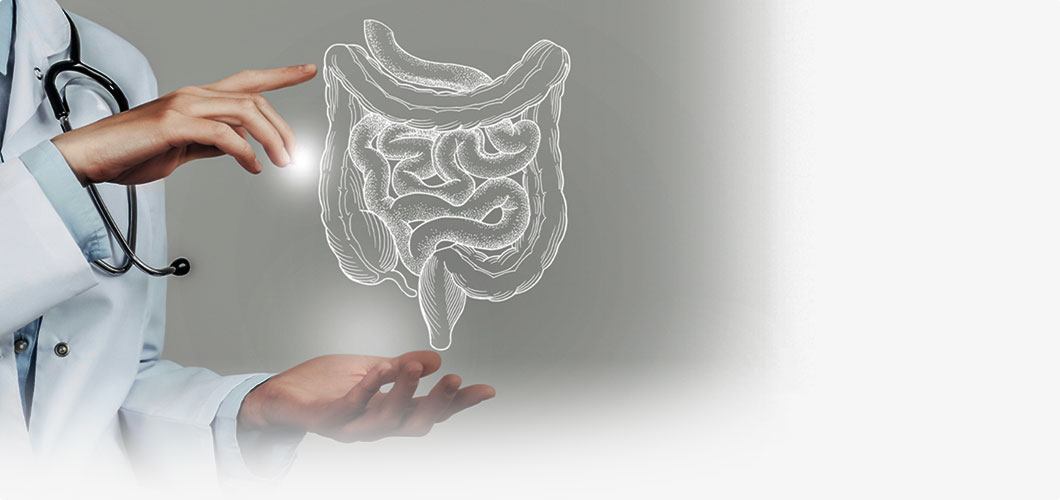
An anal abscess refers to an infected, pus-filled cavity located near the rectum or anus. They present as a red, painful and hardened lump under the skin; and can become very painful during bowel movements, coughing and sitting. Deeper anal abscesses may be accompanied by fever, chills and fatigue.
Anal abscesses are usually the result of bacteria, stool or other foreign matter getting trapped in the glands that line the anal canal. When one of these glands become clogged, an anal abscess may develop.
HOW IS IT DIAGNOSED?
Typically, a physical examination and a digital rectal exam (involves the insertion of a gloved, lubricated finger) will suffice. In some cases, further tests may be required, such as an imaging test or a scope.
WHO IS AT RISK?
Anal abscesses are more common in men than women, and usually occurs between the ages of 20 and 60. A person’s risk of developing an anal abscess is higher if they have any of the following:
- Anal fissure that did not heal
- Inflammatory bowel disease (IBD)
- Sexually transmitted infections (STI)
- Objects being placed in the rectum
- Certain medications
- Pregnancy
- Diabetes
HOW IS IT TREATED?
The standard mode of treatment in most cases is to surgically drain the abscess. The procedure should not be painful as local or general anaesthesia will be used. Your doctor will advise you on the best course of action based on the severity of your condition, age and overall health.
To drain the abscess:
- Your doctor will make an incision on the abscess, allowing the pus to drain out
- Sometimes, a drain will be put in place to keep the incision open and draining
- Sometimes, the drained cavity is packed with gauze
- Drained abscesses are typically left open with no stitches required
If it is a deep abscess, overnight stay at the hospital may be needed for stronger pain relief and nursing care of the drainage.
Post-operative care typically includes:
- Take pain relief and/or antibiotics as prescribed
- Wash gently – let warm water run over the incision site daily, and pat dry
- Walk every day – this improves blood circulation and prevents constipation
- Stay hydrated so as to prevent constipation
Do remember to come back for your follow-up appointment so that your doctor can ensure that you are healing properly as intended.





